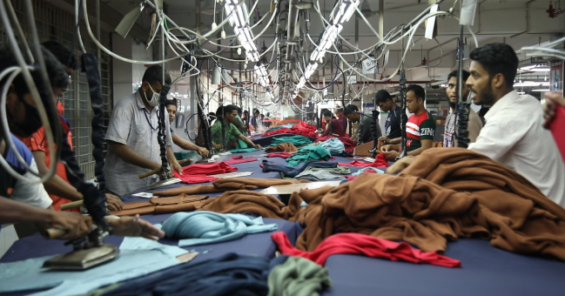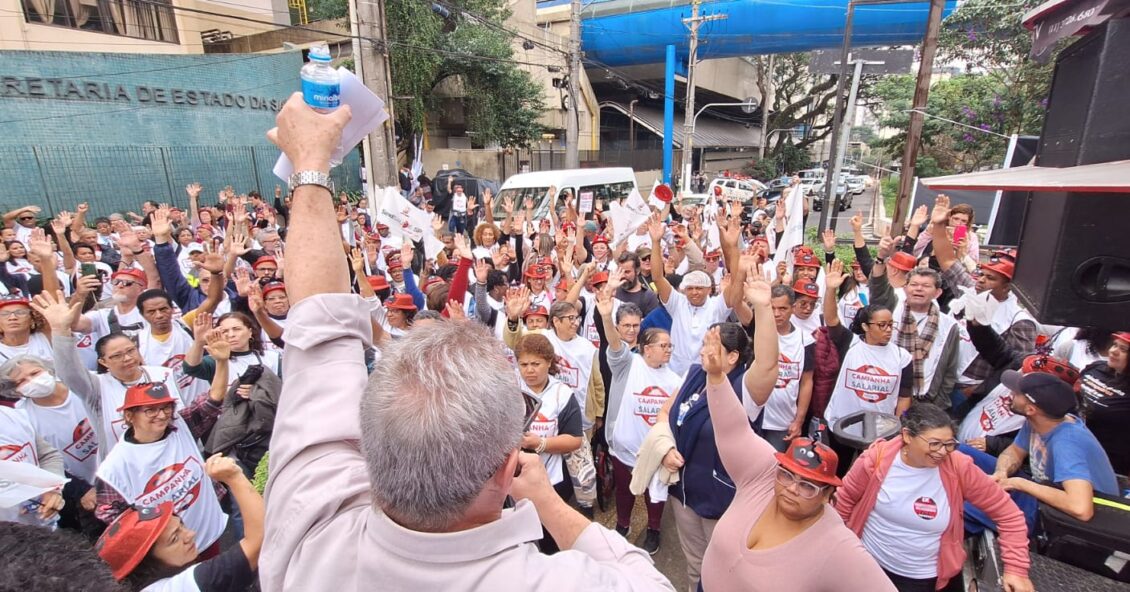Human Rights Watch report shows the need for human rights due diligence, not empty social audits
25.11.22
It has been 10 years since the Tazreen factory fire killed more than 100 garment workers in Bangladesh and left more than 200 severely injured. For too long, multinational’s global operations and value chains, a source of profit, have been a wild west. Companies have been able to hide behind complexity, obscurity and soft unilateral corporate social responsibility (CSR) efforts, without accountability for workers’ conditions around the world.
A new report from Human Rights Watch, one of the most respected human rights organizations in the world, pulls back the curtain on just how empty corporate social auditing tools often are. Its report, Obsessed with audit tools missing the goals: why social audits can’t fix labour rights abuses in global supply chains, finds that “the social audit and certification process is riddled with conflicts of interest, loopholes, and other problems that render it an inadequate tool to ensure respect for human rights and environmental standards.”
UNI Deputy General Secretary Alke Boessiger said, “The recent HRW report amplifies what we have been saying for many years, that the social audit industry cannot be relied on to give a real insight into the risks of human rights violations in multinational value chains. Sadly, despite now being a multimillion-dollar industry, it has done very little to mitigate or remedy violations where they have been found. Where due diligence legislation is being developed, we call upon governments to ensure that companies cannot simply outsource their responsibilities but must engage with rights holders, in particular workers and their trade unions, at all stages of due diligence.”
Thankfully we are beginning to see change in how companies handle due diligence, as several countries, like Germany, have begun to introduce mandatory human rights due diligence laws that could finally hold multinationals accountable for rights violations that take place within their value chains.
But beyond these vital pieces of legislation, we can also learn from the success of the International Accord on Fire and Building Safety which has made a huge contribution to improving health and safety for garment workers in Bangladesh, following the disasters of Tazreen and Rana Plaza. As a founding signatory to the Accord, UNI Global Union will be working to make its imminent expansion to Pakistan equally as effective.
UNI’s focus is on ensuring that due diligence works for workers and is not turned into another cynical PR exercise for companies to wipe clean their reputations. The global union’s experience shows that central to the shift from empty CSR to real human rights accountability is the full involvement of trade unions at every stage of the due diligence process.
This embeds respect for workers throughout the process by creating a seat at the table for those representing stakeholders – including trade unions at both the national and international levels. It is this that provides legitimacy and transparency to due diligence and gives the confidence to workers within the value chains that their concerns will be acted on when problems occur.
However, too many of the companies that UNI and its affiliates are involved with are outsourcing their responsibilities to social audit firms. These companies often seem to dispense a confetti of certificates and awards that bear little relation to the reality that workers face on a daily basis. Companies with a history of violating trade union rights, and operating in countries of particularly high risk, somehow receiving certification and awards as socially responsible employers.
“We are at a crossroads where there is an opportunity to move on from the mistakes of the past and ensure that profiting from human rights abuses can no longer be accepted. UNI will continue to work with our affiliates and forward-looking companies, to make a success of the expansion of the International Accord to Pakistan, and to ensure that human rights due diligence has the workers’ voice at its heart.”
News


